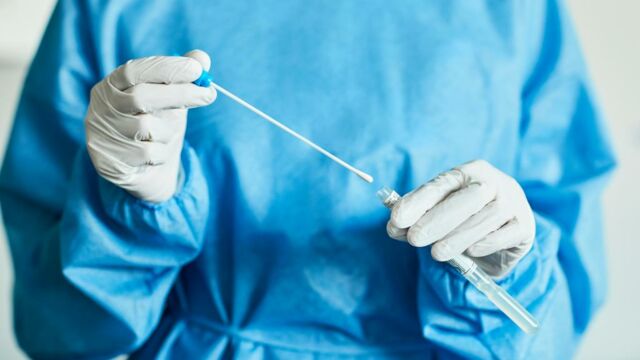It is suspected that those with coronavirus antibodies could be protected from reinfection for several months. Oxford scientists will now explore the effects of the immune system on COVID reinfection in a series of human challenge trials.
Discover our latest podcast
What is a human challenge trial?
Human challenge trials involve infecting a group of healthy subjects with a disease in a controlled manner to monitor the body’s response. This method of testing has proven helpful in the past for understanding diseases such as tuberculosis, malaria and even gonorrhoea.
Researchers at Oxford University have recently gained research ethics approval to carry out a human challenge study to analyse the effects of the immune system of COVID survivors when it comes to reinfection. Helen McShane, a professor of vaccinology at the University of Oxford and chief investigator on the study, revealed:
The point of this study is to determine what kind of immune response prevents reinfection.
Oxford’s human challenge study is not the first for COVID. Another study began earlier this year, carried out by Imperial College London. The trial set out to discover the smallest amount of COVID exposure needed to infect people who had not had coronavirus before. Professor Danny Altmann of Imperial College London explained the benefits of ethical human trials:
Human challenge studies can be done safely and ethically to fast-track discoveries in infectious disease and vaccine research. Some of the key points that can’t easily come out of other, less controlled studies are the earliest immune correlates of the response to infection.
How will the COVID human challenge study work?
McShane explained that her team would measure the immune response of COVID survivors, including their T-cells and antibodies, to determine whether or not a subject became reinfected when re-exposed to coronavirus. Recruitment for the upcoming trial is expected to start within the next few weeks.
Those taking part in the study are expected to be between the ages of 18-30 and will have tested positive for coronavirus within the three months prior. Participants will also need to have coronavirus antibodies and be considered low-risk for a coronavirus infection.
In the first phase of the trial, 24 subjects will be split into groups of 3-8 people and will each be exposed to coronavirusthrough the nose. Doses of the original COVID strain will first be administered at a low dose which will be gradually increased if necessary.
The second phase of the study will involve a different group of subjects who will have their immune system closely monitored both before and after exposure to the virus. Participants that do become reinfected will then have the severity and symptoms of their infection monitored.
Participants who do become symptomatic during either stage of the trial will be given a monoclonal antibody treatment. Those who volunteer for the entire study will also be reimbursed nearly £5,000 as they will need to quarantine for 17 days during the trial and be subject to monitoring for the following 12 months.
What is the study expected to reveal?
Oxford’s coronavirus human challenge trial will uncover what immune response is needed to prevent reinfection and give insight into how long the immune response protects against coronavirus in previously infected persons. This information will also help develop future vaccines and coronavirus treatments as well as future human challenge studies that explore reinfection with different variants. McShane explained:
If we can determine the level of immune response above which an individual cannot be infected, then that will help us determine whether new vaccines will be effective without necessarily having to test them in phase three efficacy trials.















